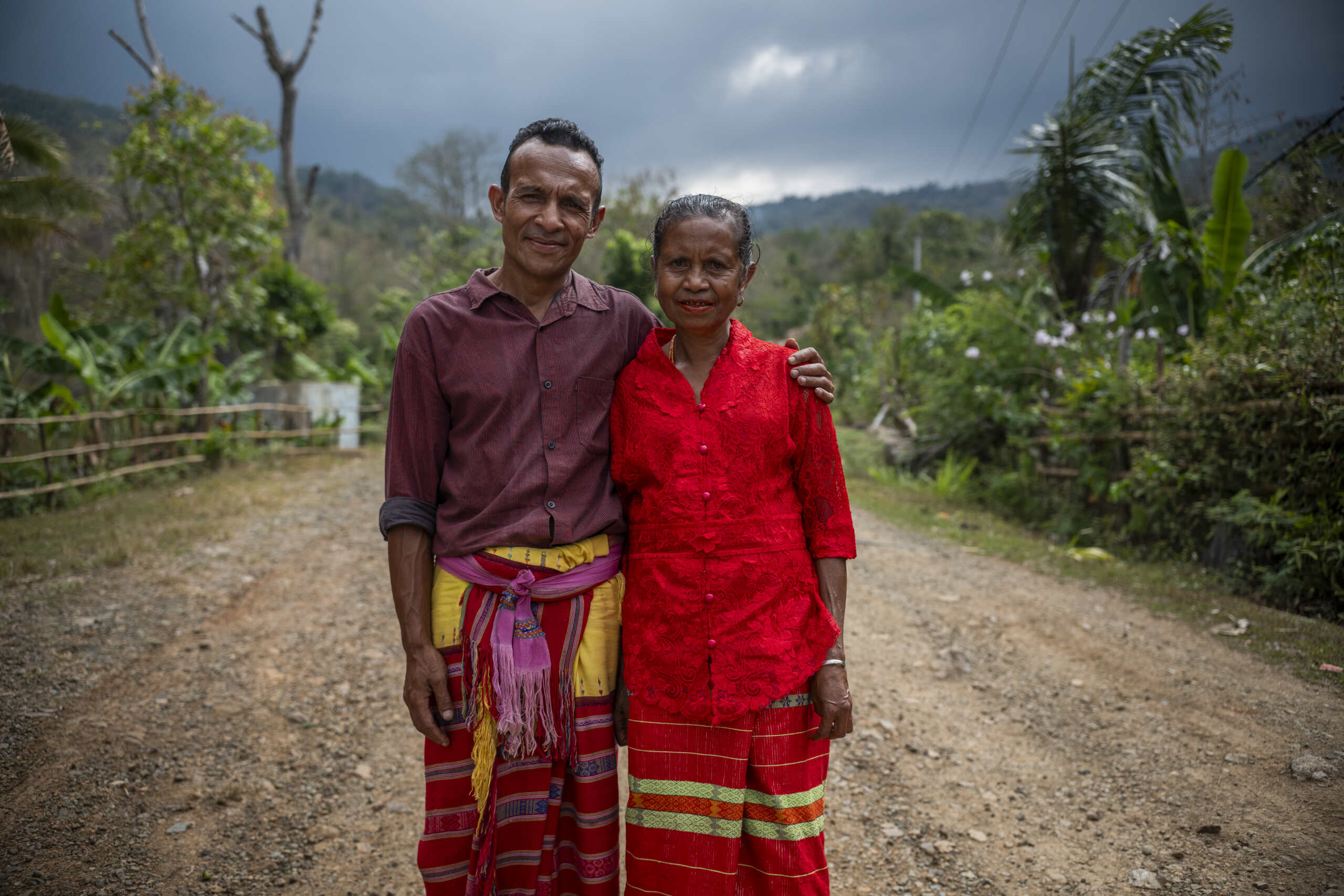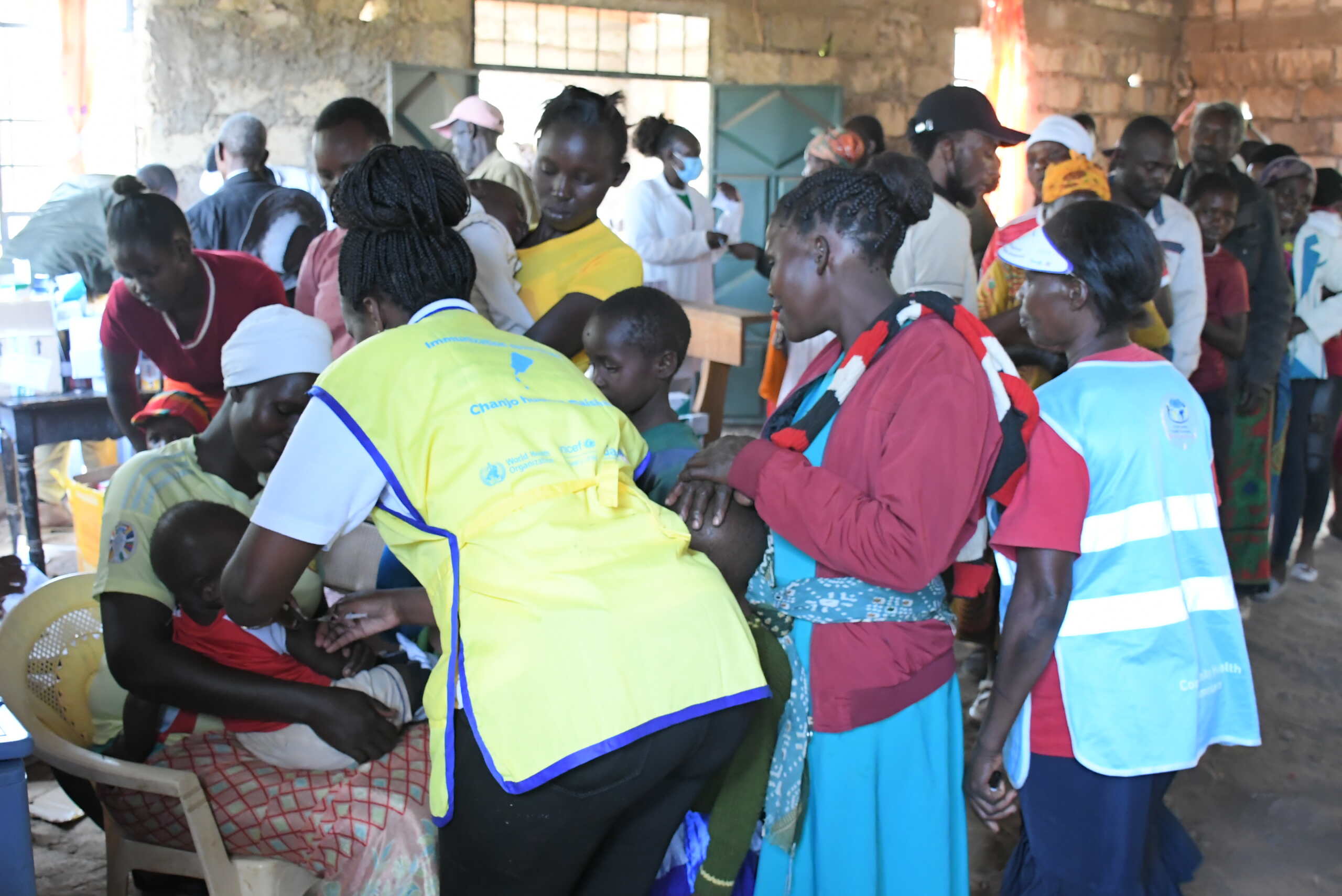Life with loss of vision: misconceptions and disabled compliments
Stories | August 10, 2022
According to the World Health Organisation (WHO), there are approximately 285 million people around the world who are visually impaired, of whom 39 million are blind.
Graeme is one of the 39 million people who are blind. He has congenital glaucoma as well as cataracts, and has approximately 1 per cent vision. He also works at CBM Australia in donor engagement and development.
Graeme has had low vision since he was young and has never let this stop him from doing what he wants to do. He writes poetry and stories, factual plays and comedy material. He speaks at spoken word and poetry events, plays the flute, guitar and numerous other musical instruments.
Graeme says, “People tend to underestimate me and assume that because I’ve got a vision impairment, that I’m physically disabled as well. I don’t like those assumptions”.
Here are some more misconceptions and stereotypes about people who are blind that Graeme shared with us:
- you can’t dress yourself
- you can’t feed yourself
- you can’t cross the street yourself
- you need a seat on public transport
- you have to have a guide dog
- you want a guide dog
- you’ve been blind since birth
- you only see darkness
- you have better hearing and sense of smell
- your partner is also blind
These stereotypes are not true for all people who are blind, most are more independent than you might think.
You’re an inspiration and other disabled compliments
You might think that calling someone an inspiration is a compliment, it is, if you genuinely mean it, and they have done something inspirational. However, sometimes these compliments can be used to veil insults or stereotypes directed at people with disabilities.
For example, Graeme says, “Like when people say, ‘Oh, I don’t know how you walk across the road. You’re an inspiration’ it goes back to what people assume about you, and you not being able to physically move anywhere.
“I don’t really like those sort of compliments where people make a big deal out of you just doing stuff to get by”.
Instead, just like everyone else, people with disabilities should be appreciated as individuals.
Check out our video: Don’t underestimate me
How to improve your communication
Graeme has shared a few simple steps that can help your communication with someone who is blind become more inclusive:
- Identify yourself when initiating conversation – don’t assume that they recognise your voice
- Speak naturally and clearly – loss of eyesight does not mean loss of hearing or understanding
- At the beginning of a meeting, have a roll call that identifies everyone in the room
- Give a verbal indicator when you walk away from the conversation or leave the room
- Provide accessible electronic copies of materials you’ll be handing out in hard-copy form or presenting via PowerPoint prior to a meeting – these can be programmed into assistive applications
- Add alternative text tags to graphics, including posts on Instagram, Facebook and other social media channels – this can be as simple as including a visual description at the end of your post
- Always ask first to see if help is needed – don’t assume!
- Relax, just be yourself
https://www.cbm.org.au/stories/life-with-loss-of-vision-misconceptions-and-disabled-compliments
Related Stories

Week 1 – Lent series 2026
As we enter the season of Lent, we’re taking time as a community to pause, reflect, and draw closer to the heart of God. Lent invites...

How CBM is making a difference in Indonesia
For more than 45 years, CBM Global has been working alongside communities in Indonesia to ensure people with disabilities...

Coordinating inclusive health outreach in Meru County
For many households in Meru’s rural and remote areas, basic health services are physically...
